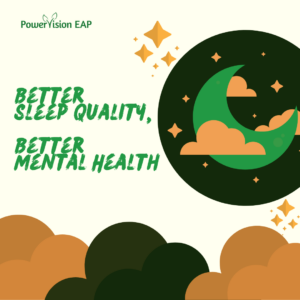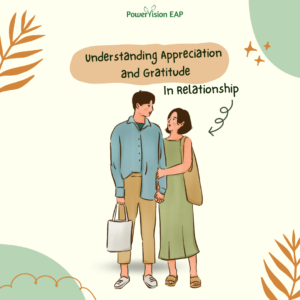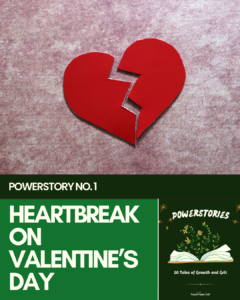What do these three people have in common?
Like more than 300 million people all over the world, these famous people struggle with depression. As a matter of fact, 1 out of 20 people you know may suffer from depression, while 5 of them may experience symptoms. According to the World Health Organization (WHO), depression is the leading cause of disability worldwide.
Having depression can lead to:
- Poor functioning at work and in the family
- Emotional outbursts and strained relationships
- Physical illness
- Suicide
When depression is long-lasting and with moderate or severe intensity, it may become a serious health condition. It can cause the affected person to suffer greatly and function poorly at work, at school and in the family. At its worst, depression can lead to suicide. Close to 800,000 people die due to suicide every year. Suicide is the second leading cause of death in people aged 15 to 29 years old.
So what does depression look like?
- Physical symptoms:
- Sick and run down
- Difficulty sleeping
- Poor appetite
- Muscle pains
- Weight loss
- Tired
- Thoughts:
- “Nothing good ever happens to me.”
- “Life is not worth living.”
- “My future looks bleak.”
- “I’m worthless.”
- “It’s my fault.”
- “I’m a failure.”
- Feelings:
- Overwhelmed
- Unhappy
- Irritable
- Frustrated
- Lacking confidence
- Indecisive
- Behaviors:
- Withdraws from others.
- Doesn’t get things done.
- Stops doing enjoyable activities.
- Has difficulty concentrating.
- Increases alcohol consumption.
People with depression need help from others but they may fear being judged, ridiculed, or labeled as mentally ill. Worse yet is when others dismiss their feelings and struggles as being “overly dramatic,” “just a phase,” or “attention-seeking.” To help someone who suffers from depression, it is important that you become someone they can feel safe to talk out to.
- Reach out to them. Approaching someone who you think is suffering from depression can be daunting and most people will have the urge to avoid the issue all together. You may not know what to say, you may be worried about saying the wrong thing, or you may just not understand depression at all. But that is okay. It is understandable to have difficulty tackling a very sensitive topic. The best way to start a conversation or to reach out to someone who is suffering from depression, is to ask them if they are okay. Pick a private place to talk face to face. Allow yourselves plenty of time to have this conversation and try to save your advice for later. As much as possible, stick to open-ended questions like “How are you feeling?”
- Listen. It is important to give your friend space to talk about their experience. Listen without judgment and try to refrain yourself from changing the subject or offering a solution. Let them know that you are there for them and that you want to understand what they are going through. Show that you are able to empathize with them, you encourage their recovery, and that you are supporting them throughout this experience. It helps them when they feel that they are understood, supported, and validated.
- Make plans to do something together. Making plans together shows that you are willing to physically be there for them and that you are willing to help them cope with what they are feeling. It would also help to find resources together. Looking for mental health professionals can be a daunting task. Doing it together may make it easier to accomplish. This way, the two of you will not have to go through it alone and you can get help from someone who is trained to handle this particular issue.
If, however, you are someone who is suffering from depression or is experiencing symptoms of depression, always remember that:
- Depression is a real illness that is caused by biological and psychological factors.
- Depression can be easily treated.
- Depression is easier to treat when you get help as early as possible.
So do not be afraid to reach out!
If you work in a company which does not yet have a mental health program, we may be able to help. PowerVision provides workplace counseling services or Employee Assistance Programs (EAP) to companies in the Philippines. We help employees deal with personal and work-related issues that impact their performance. Contact us today for details.
References:
- http://www.businessmirror.com.ph/prevalence-of-depression-in-the-philippines/
- http://www.who.int/mediacentre/factsheets/fs369/en/
- https://lerablog.org/health/common-signs-of-depression/
- https://www.mindbodygreen.com/0-12962/the-dos-donts-of-helping-a-friend-whos-depressed.html
- https://depression.org.nz/help-someone/












